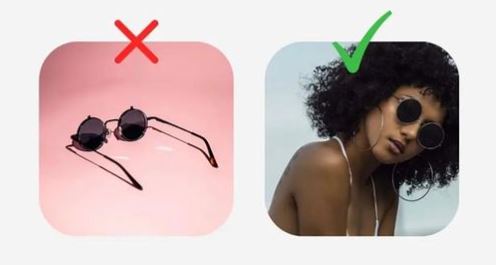9 Rare Methods Every Startup Needs to Grow a Profitable Brand
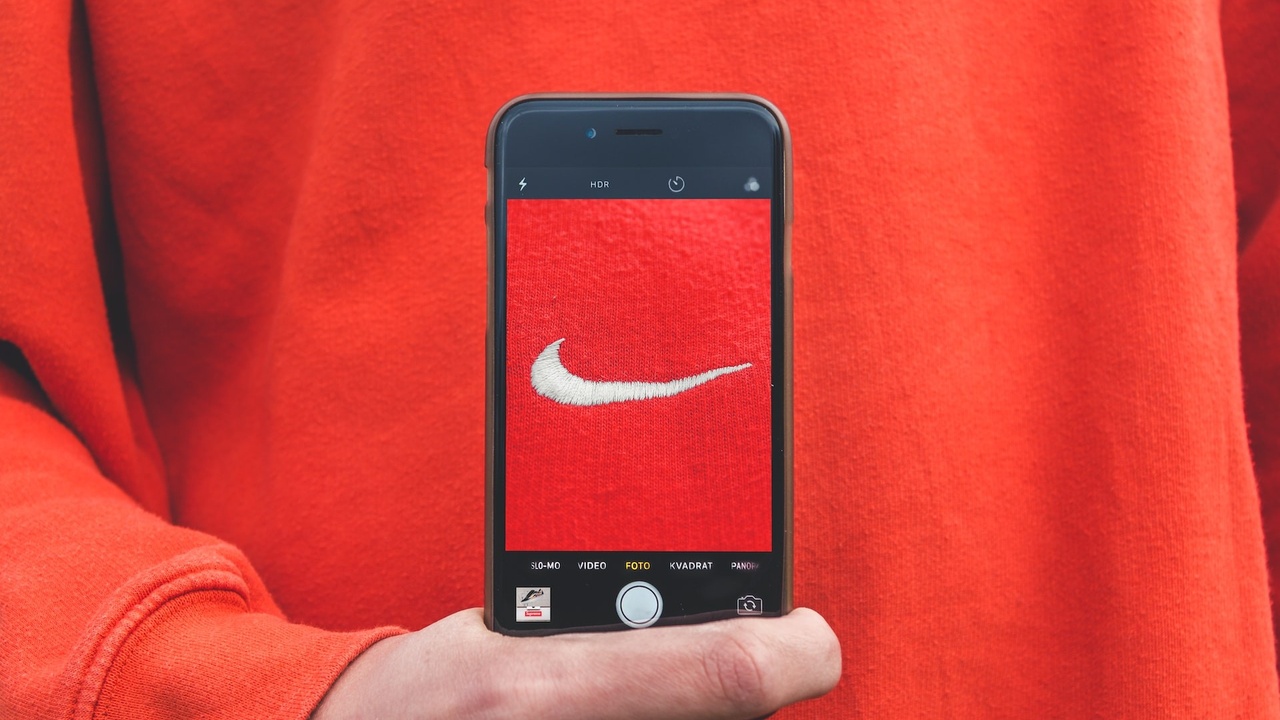
If I were to start over, grow a 170,000 audience, and work with thousands of customers. This is what I would do:
1. Identify my early adopters
- Identify the key problem I solve
- Identify who struggles with this problem
- Build profiles for different categories of people
- Rank each category
- Define who struggles most
- Conduct a survey to validate high value targets
2. Identify a key network of people to help build my business
1. Public Speakers
2. Lawyers
3. Investors
4. Finance Advisors
5. Designers
6. Copywriters
7. Marketing Experts
8. Software engineers
9. Sales experts
Your Network is your Net Worth.
3. Document every process early
This will help me document every successful operation inside the business to continue generating results:
- Get a project management software
- Map out what tasks need to be done
- Define clear steps
- Assign who needs to do it
- Set deadlines
4. Develop a Powerful Brand Voice
To do this I'd need to:
- Have a stance.
- Be...
5 Genius Ways Starbucks Used Psychology to Become the King of Coffee
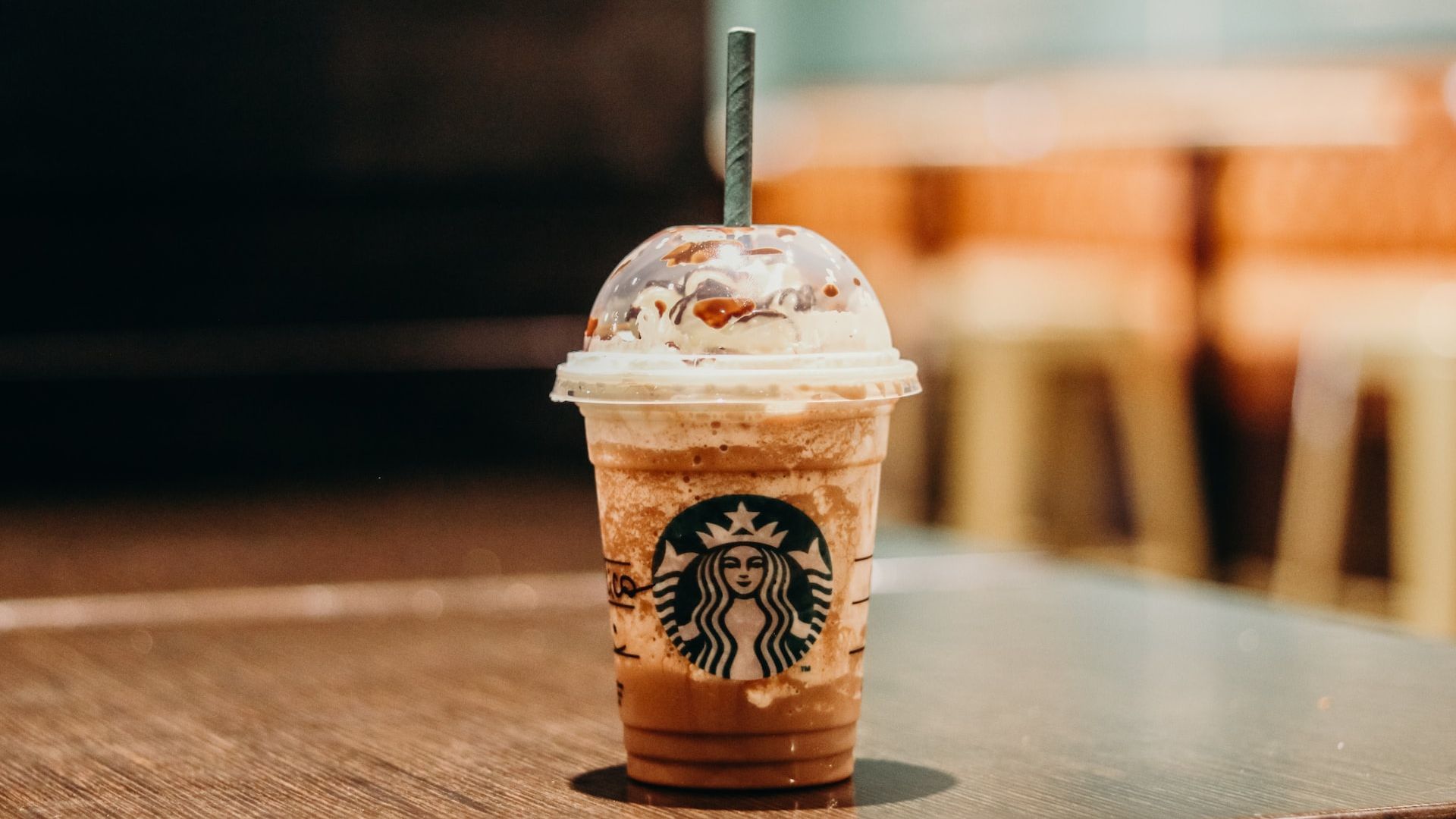
1. Irrational Value Assessment:
The Starbucks Effect
When people see a high-priced item, they automatically assume it’s of a higher quality and more valuable than something that’s cheap.
Example: Starbucks charged more for what used to be cheap and dressed it in a premium customer experience, with nice tables, good music, and friendly baristas.
2. FOMO Keeps Customers Coming Back
The psychological pain of losing is twice as powerful as the pleasure of gaining something.
FOMO gets customers into the store and makes them feel like they’re part of something exclusive and special.
Example: Seasonal drinks that happen only at Christmas
3. Removing Friction: Starbucks Used Psychology to Create a Habit
Remove as much friction in your customer journey as possible. Make it so easy to interact, buy, and gain access to your product.
Example: Their app removes two of the biggest pains from getting coffee, waiting to pay and waiting to...
8 Hidden Secrets To Make Your Brand Feel More Expensive And Loved
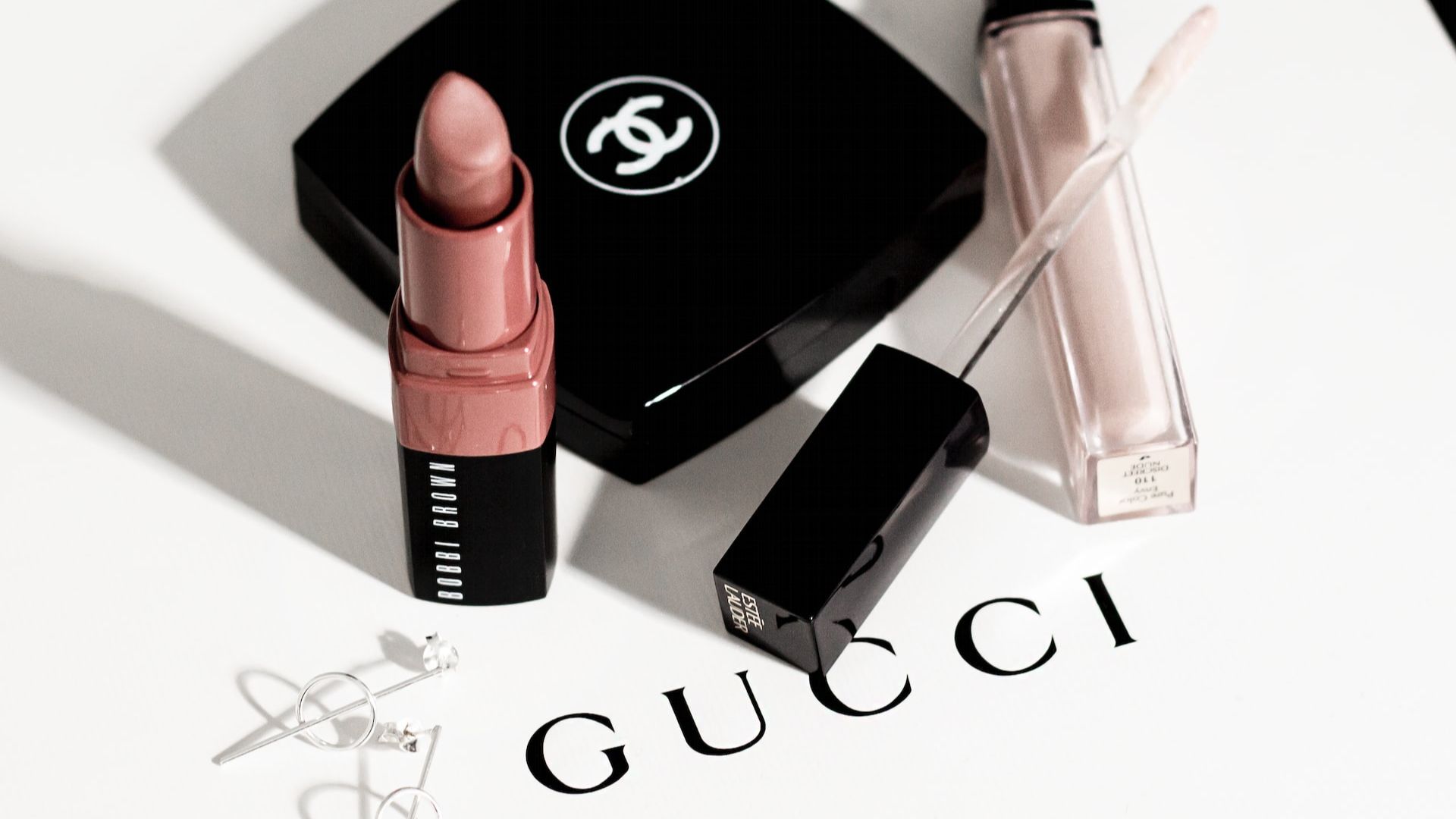
1. Focus on a niche
Niching allows you to avoid competing against huge players that already dominate the space
Appeal to a smaller focused market segment
Consider how you can make your product or service more bespoke
Don't compete, infiltrate new opportunities
2. Use Luxury positioning
Positioning is how your brand is perceived in your customers mind.
What makes your product or service different?
What makes the experience different?
What is different about how tou make customers feel?
3. Attach Symbolic Value to Your Products
Expensive brands give their brand meaning. Often in the form of emotional value, or expressing a buyers status/role in society.
Connect your brand to an idea/even a cause that means a lot to you
4. Use Exclusivity
It should feel like a gift to even get the opportunity to buy your product. Expensive brands limit what they have to offer.
Limit quantity to increase perceived value
Limit who you serve to create loyal fans
Limit when you sell an item...
How Apple’s Marketing Gets You to Pay $1000+ for an iPhone
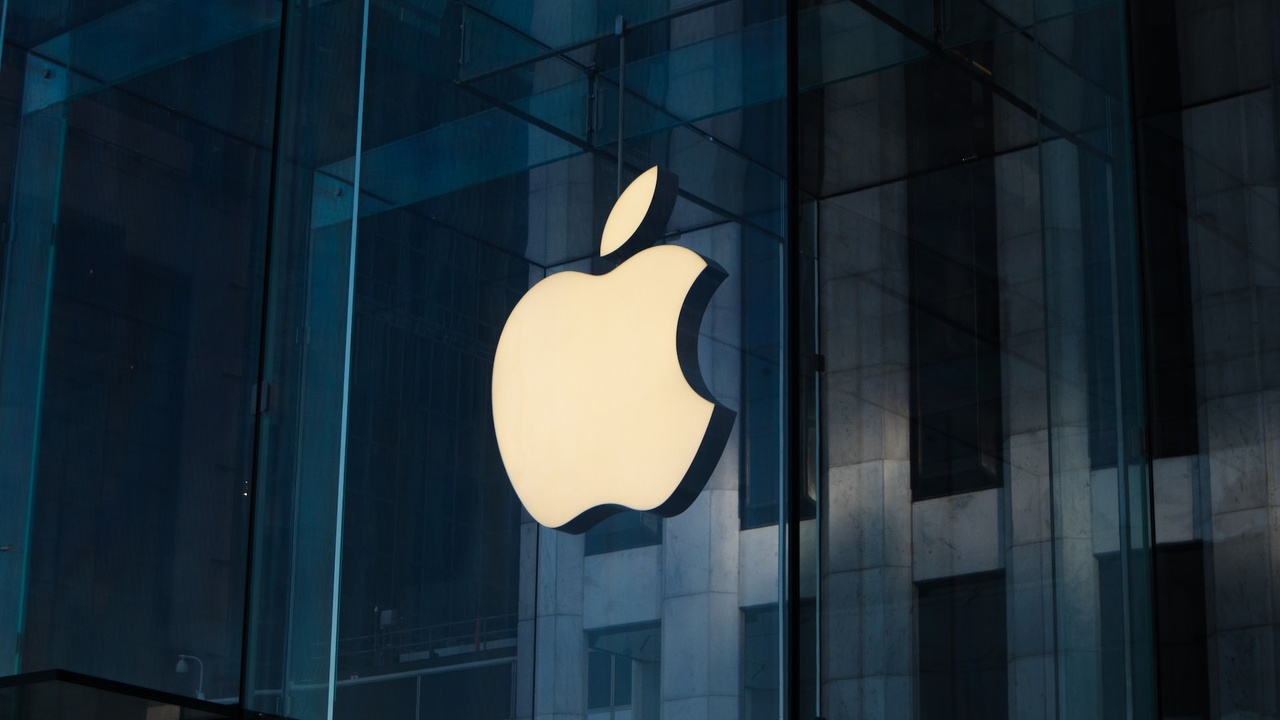
1. Apple Marketing Strategies Appeal to Our Emotions
We use products like iPhones to signal to other people "who we are".
Psychologists call this behaviour “self-signaling” and it’s an incredibly powerful marketing lever.
2. Apple Believes in Simplicity
The iPhone is shiny, sleek, and perfectly proportioned.
Its minimalist design and product-focused marketing are a sensory experience created to drive desire for the iPhone.
It’s down to a psychological principle called the Simplicity Theory.
3. Masters of Status
The combination of innovation, style, and desire makes the iPhone a status symbol.
Trying to attain status is a powerful driver of human behavior.
4. We Want What We Can’t Have
Apple knows that the psychological and economic principle of Scarcity is a powerful driver of desire, so they stoke the flames of doubt in their biggest fans.
5. The Psychology of Price
Price is one of the indicators that something might...
5 Marketing Psychology Techniques That Make Your Customers Buy

1. People don't like being told what to do. Try asking more questions.
Asking questions gives your customers a choice. Meaning your customers are far more likely to take action.
2. Create a common enemy in your marketing so that your customers feel understood.
People advocate for brands with a clear enemy.
It makes customers feel like you're on their side.
Most importantly, it makes customers feel heard.
3. Use the small daily equivalence effect.
Break down your product/service price to a daily amount.
Compare your offer to a low cost commodity, like a cup of coffee for instance.
This makes your product sound less costly, therefore easier to buy.
4. Use the many small "yes-es" technique.
Try getting your customers to say yes to something small first.
Slowly work your way to more expensive options.
5. Use the Endowment effect.
People place a higher value on something that they've made themselves or contributed to...
5 Psychological Tricks To Win More Customers

1. Appeal to emotional attachments.
- Speak about your target audience friends, family or loved ones.
- Use scenarios that relate to the goals your customers wish to achieve with their loved ones
This creates a sense of relatability and understanding with your brand.
2. Appeal to your customers fundamental need to belong.
- Build your brand around a specific audience.
- Find a group of people that would benefit most from what you offer.
- Show the life they want to live & the people they want to associate with.
This appeals to humans psychological need to belong.
3. Appeal to your customers fundamental need for safety.
- Have a guarantee/money back policy in place.
- Customers need to feel they can trust you.
Customers want to know their investment with you is safe. Alleviate any uncertainty.
4. Appeal to your customers fundamental need for control.
- Give your customers a choice in what you have to offer.
- Always offer more than one solution
Only offering one option...
3 Psychological Marketing Tips To Influence Your Customers
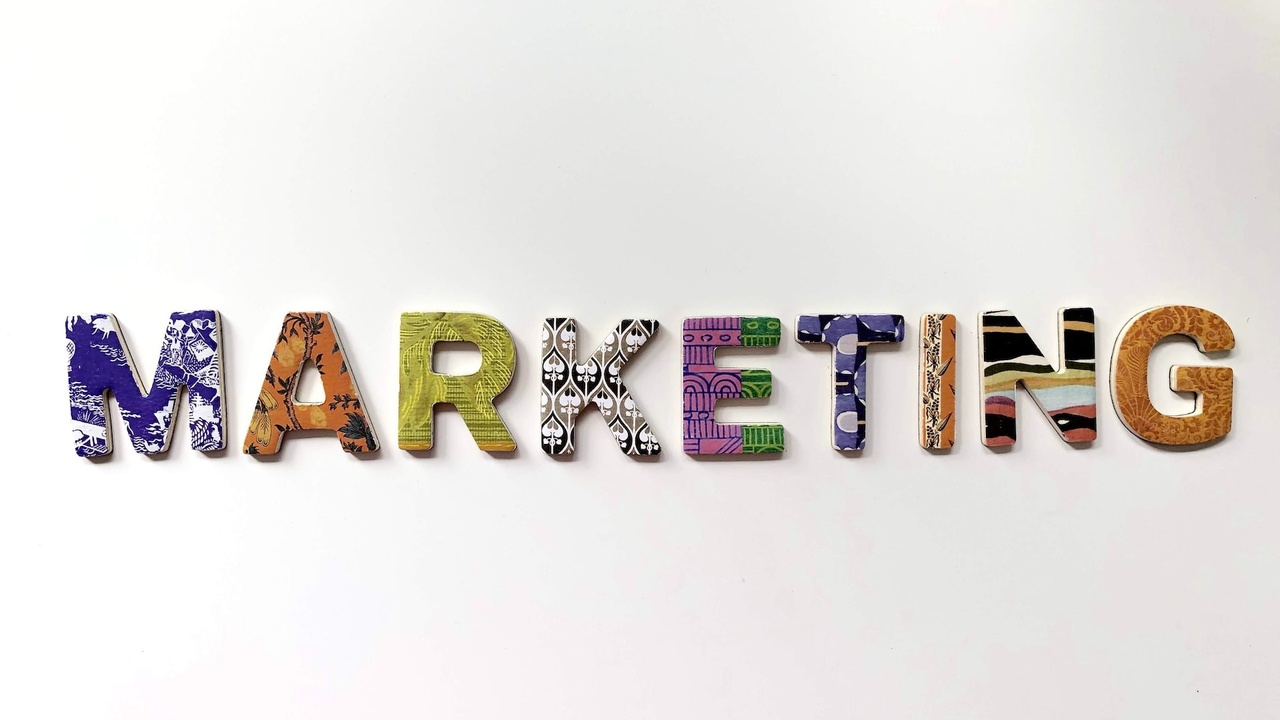
1. People don't like to be told what to do. Try asking more questions
Save this post!
Will you save this post?
This reinforces the idea that saving must be a good idea. It gives people a choke
2. Create an enemy to create your brand's tribe
People advocate for brands with a clear enemy.
By creating a common enemy you tap into your customers need to get their voice heard
Nike's enemy is doing nothing.
Apple's enemy is a lack of innovation
3. Use the "Small Daily Equivalence" effect
Break down your product or service price daily
Compare it to a low cost commodity (like a cup of coffee)
This makes your product look more affordable.
Want to start making money with your luxury brand? - Check out our best-selling brand building book here
Robert & Alek
CEO Sphere
5 Marketing Hacks That Will Help You More Than a $200k Marketing Degree
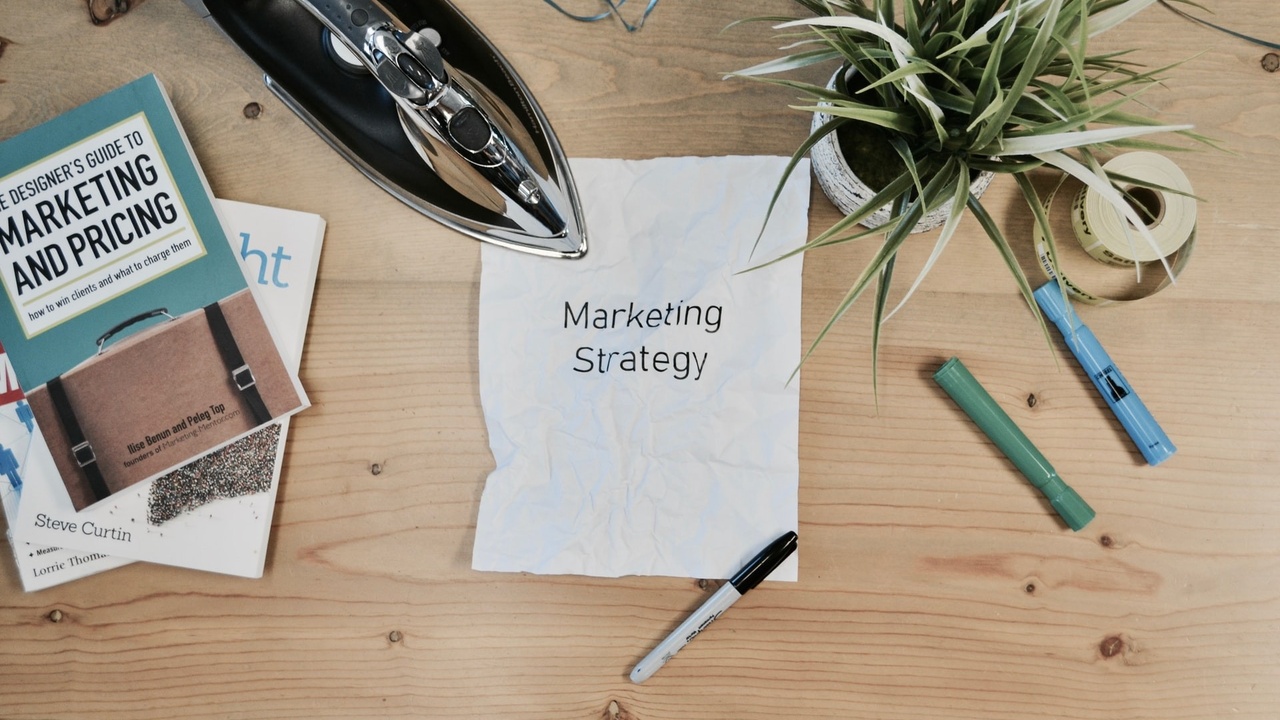
1. Visual Depiction Effect
People buy products that they can see themselves using. Make your products look ready to use.
2. Exclude people with your marketing, rather than attract.
- Zone in one message, one goal, one mission.
- Filter out people that are not a good fit.
- Only speak to your true ideal customers.
3. You don't have to be everywhere. Show up in one place and be exceptional.
Many marketers will have you believe you need be everywhere, this leads to stress and burnout.
- Focus on one platform
- Hone your craft and master the platform.
- You'll attract more than enough customers to make a 6+ figure business.
4. Rather than market to your ideal customers. Market to who they want to be.
People desire achieving who they want to be, rather than who they are.
Reflect this life in your brand and marketing to draw customers to your brand.
5. Successful brands create mental ownership inside their customer's mind
- First they use a trigger word, such as...
The One Single Business Lesson I Wish I Learned Sooner
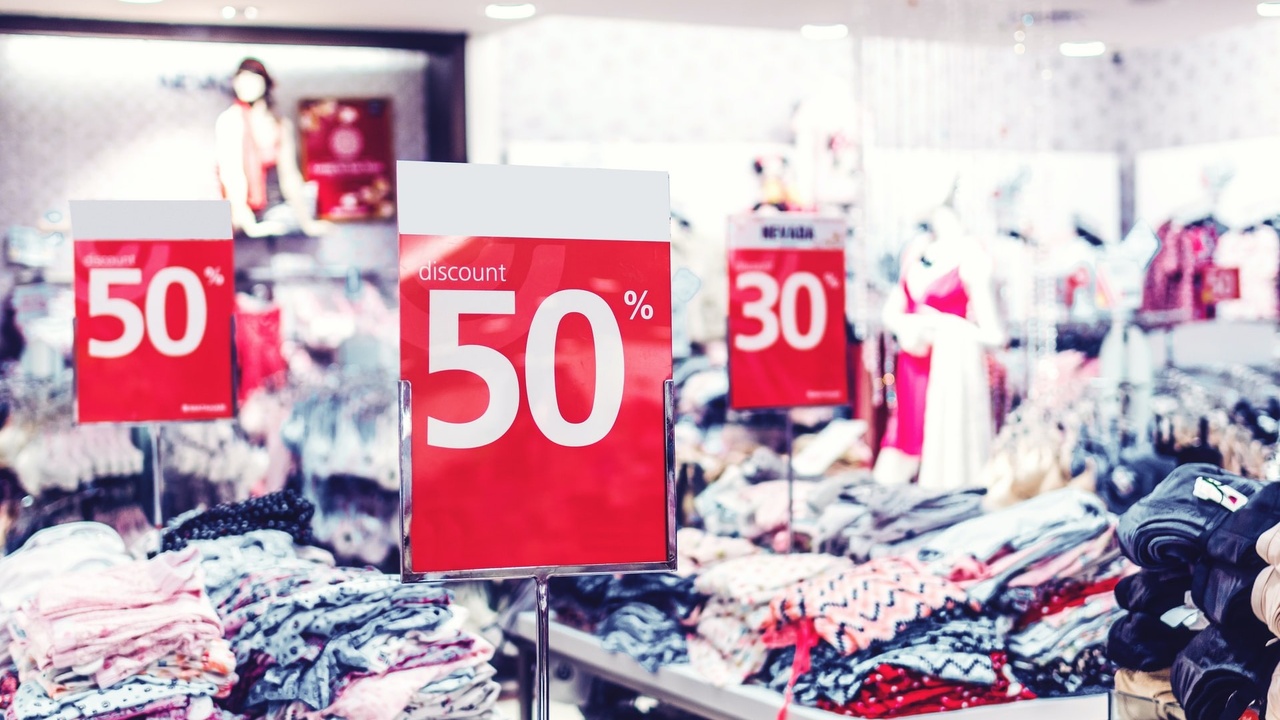
-
Giving discounts to every customer creates a bad reputation.
-
You create your brand around being a "discount giver"...
-
This gives your customers power over your price, which they shouldn't have.
Only you get to decide your price.
-
When your price is always discounted it creates a habit with your customers to only buy from you when it's cheap...
Thus, never buying from you at full price.
-
When you do offer your product at full price, they go to another cheaper option. You end up stuck in an endless price war in a bid to win customers on price...
Rather than winning customers over on loyalty to you, your brand, and the experience you work hard to deliver.
-
Discounts are a double-edged sword.
Reserve them for the right occasions:
New product launch (introductory price point)
To reward existing loyal customers
Long term retainers (ie signing a 6 month service)
Want to start making...
6 Lessons from Luxury Brands to Make Your Brand 95% More Profitable
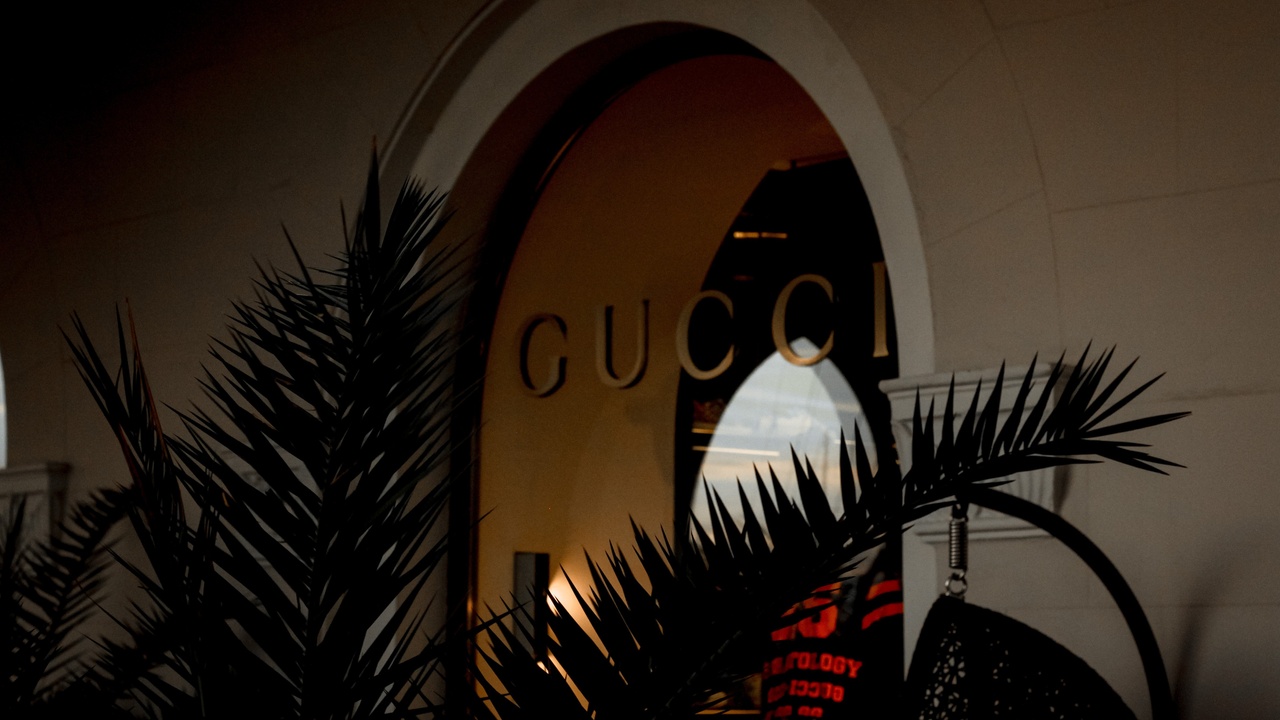
1. Luxury brands command premium pricing.
When your customers see higher price points subconsciously they feel it must be of greater value. That price commands a very specific experience, one that your customers deserves to receive... after all, they paid for it. Equally, when you know you provide an exceptional product/service, the price MUST reflect the value to prevent undervaluing your service.
2. Luxury brands focus on extreme levels of differentiation.
Luxury brands invest a lot of money to make their brand different. The slightest similarity to a cheaper option will cause customers to choose the cheapest option. Cheap is not an option for luxury brands, it would harm your positioning and cause customers to go elsewhere.
This why luxury brands focus on extreme differentiation through the customers they serve, their brand identity, and the overall experience delivered.

